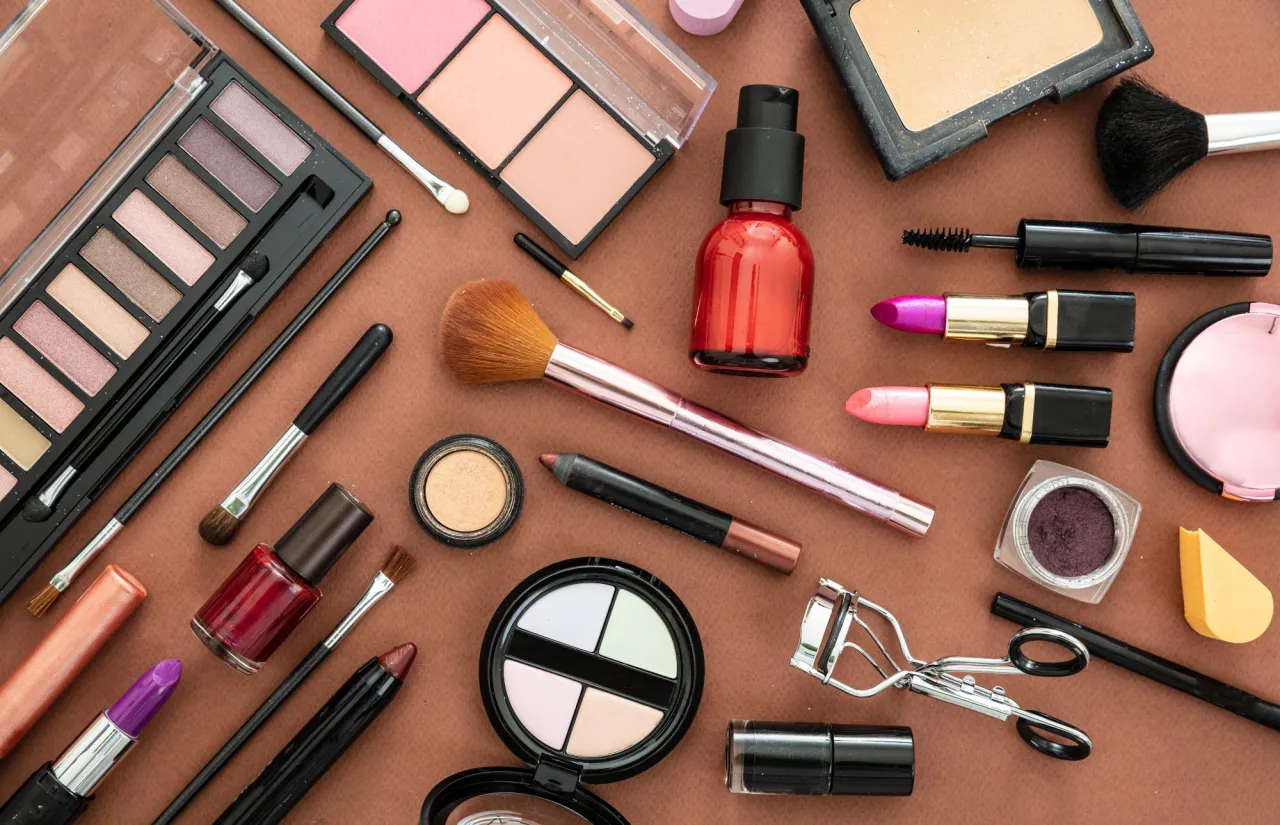New scrutiny from the U.S. Food and Drug Administration (FDA) aims to make cosmetics safer, officials said.
On July 1, companies that make products like makeup, shampoo, skincare, artificial eyelashes, tattoo ink, mouthwash, hair dyes, sunless tanning lotions, and waxing kits began adhering to strict FDA regulations, the first of which in over 85 years.
“It has been very much – I like to say – a wild, wild west where we’ve had minimal to no real regulations,” said Jaclyn Bellomo, senior director of cosmetic science and regulatory affairs for Registrar Corp, a company that helps clients with regulatory compliance.
The Modernization of Cosmetics Regulation Act of 2022, or MoCRA, is meant to unify and add transparency to those selling cosmetics in the U.S., protecting their users. An instance in which MoCRA would have been helpful was the Johnson & Johnson talcum-based powder lawsuit, Bellomo said. That lawsuit, which was settled in 2023, alleged that the company misled customers regarding the safety of its talcum-based powder products.
“It’s great for the FDA to be able to catch trends or issues early so that they can react,” Bellomo said. “Some of the worst cases we’ve heard in cosmetics is because there was no record-keeping, there was no recording going on.”
Recently, regulations were modified to include fragrances. Prior to MoCRA, manufacturers could just list fragrances or flavors. With the changes, brands are required to list any allergens the FDA deems a cause of adverse reactions.
By the end of 2024, every cosmetic product will be required to have a label telling consumers where to report an adverse event like rashes, burns, or hair loss.
Return to Archive


